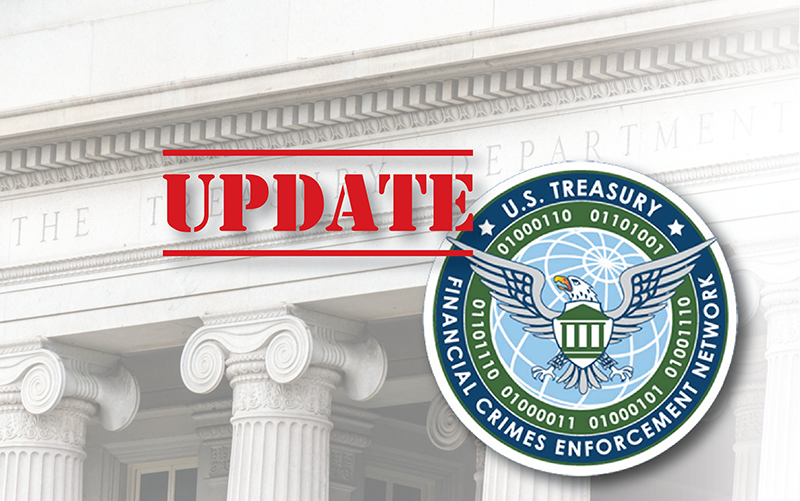Investment Adviser Annual Requirements
SEC-registered investment advisers must navigate several annual and ongoing regulatory and compliance requirements. Two of the most important investment adviser annual requirements are submitting an annual updating amendment to the Form ADV and conducting an annual review. Failing to comply with these annual requirements can subject an investment adviser to regulatory examinations, enforcements, fines, censures, reputational harm, and other penalties.
FORM ADV
The Form ADV is required to be updated on an annual basis every year and must be filed within 90 days of the investment adviser’s fiscal year-end, which is often March 31st. The annual amendment to an investment adviser’s Form ADV must update all applicable responses to the items in Part 1A, 1B, 2A, and 2B, as well as corresponding sections of Schedules A, B, C, and D and all sections of Schedule R for each relying adviser (as applicable). An investment adviser may, but is not required to, submit as part of its annual Form ADV amendment, an updated version of its client relationship summary (Part 3 of the Form ADV, also known as the “Form CRS”).
The Form ADV is distributed to clients and is a publicly viewable document, so it is especially important for an investment adviser to ensure that their business model, additional services, fee structures, etc. are accurately identified and remain consistent throughout regulatory filings and other deliverables. A common deficiency category for investment advisers during SEC examinations relates to inaccuracies and inconsistencies between various portions of the Form ADV.
In addition to the required annual updating amendment to the Form ADV, an investment adviser’s Form ADV may need to be updated throughout the year, through submission of an other-than-annual amendment, dependent on certain circumstances, such as when information becomes materially inaccurate. Although an annual Form ADV amendment might have been accurate when submitted, investment advisers should continually monitor throughout the year for any material changes or developments which would require submission of an other-than-annual amendment to the Form ADV.
ANNUAL REVIEW
Rule 206(4)-7 under the Advisers Act requires SEC-registered investment advisers to annually review their written policies and procedures to determine their adequacy and the effectiveness of their implementation. During SEC examinations, regulators often observe that investment advisers cannot demonstrate that they performed an annual review. Failing to conduct and document an annual review has been a consistently cited compliance issue in examinations and can result in fines and penalties.
The annual review should consider any compliance matters that arose during the previous year, any changes in the business activities of the investment adviser or its affiliates, and any changes in the Advisers Act or applicable regulations that might suggest a need to revise the investment adviser’s policies or procedures. Among other items, the following are examples of several important areas that should be comprehensively reviewed: advertising and marketing, client agreements and disclosures, regulatory filings and registrations, portfolio management processes and trading, custody and safeguarding of client assets, business continuity and cybersecurity, etc.
An annual review is a best practice for other types of investment advisers (state-registered, private funds, etc.) and is a requirement for FINRA-regulated firms, such as broker-dealers. FINRA Rule 3120 requires FINRA-regulated firms to annually prepare a report detailing and summarizing their supervisory control system, noting any relevant findings, and any amended supervisory processes or procedures that resulted from such review.
HOW LAVELLE LAW CAN HELP
If you are an SEC-registered investment adviser and would like assistance with the annual updating amendment to your Form ADV, or assistance with your firm’s annual review, please reach out to Samantha Bonamassa at 847-705-7555 or sbonamassa@lavellelaw.com.
More News & Resources
Lavelle Law News and Events










STAY UP TO DATE
Subscribe to our newsletter
Lavelle Law, Ltd. | All Rights Reserved |
Created by Olive + Ash.
Managed by Olive Street Design.


